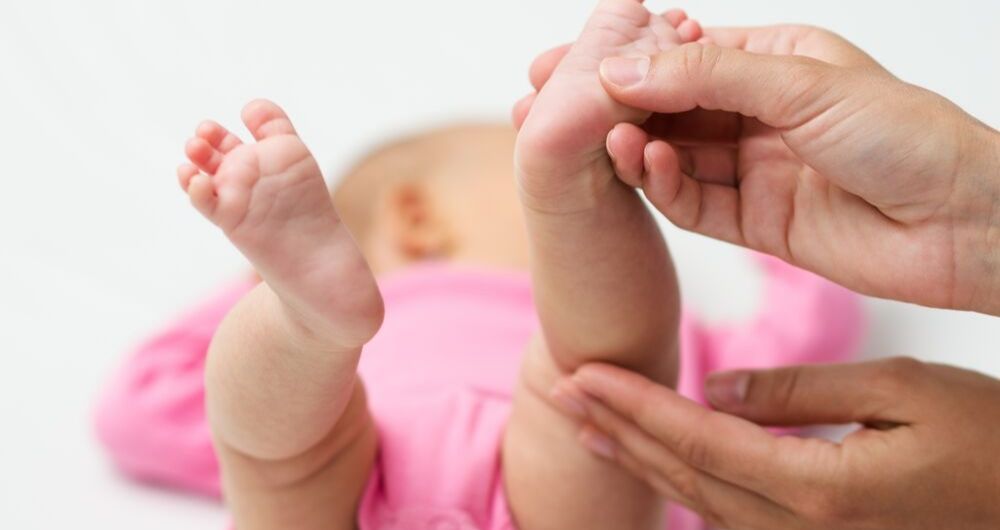Becoming a parent can be an exciting milestone filled with many firsts. But even after a healthy birth, there may be unseen problems you need to know about to make sure your baby is happy and healthy. That’s where the California Newborn Screening Program comes in – helping parents provide the best care possible for their baby right from the start.
What’s the California Newborn Screening Program?
The California Newborn Screening Program helps parents find out if their baby has a disease or disorder before the baby has any serious or life-threatening health problems from it. It’s a simple and safe blood test that identifies many rare, treatable genetic disorders that range in severity. If diagnosed early and treated, the effects of a disease can be minimized or prevented. Treatments can include medication, clinical procedures, special diets or even monitoring your baby’s health carefully. To ensure the health of all newborns, it’s California state law that all babies born in the state have the Newborn Screening Test completed. The test can only be refused if it conflicts with your religious beliefs.
Community Regional Medical Center has 1 of 5 state-approved Newborn and Prenatal Screening (NAPS) laboratories, holding the title since 1980 when California first implemented the Newborn Screening Program. Community Regional also provides screening services to 125 hospitals across 11 counties, from Fresno Country to San Diego and Imperial Counties – processing over 11,000 newborn screenings on average a month.
How is a newborn screening test performed?
When a baby is between 12 and 48 hours of age, a nurse takes a few drops of blood from the baby’s heel and places it on special paper. The blood is then sent to a state-approved lab where it’s screened for over 80 genetic and metabolic disorders that can lead to severe intellectual and physical disabilities. The baby’s parents receive a pink copy of the test request form and their pediatrician will follow-up with the results to let them know if further testing is needed.
What types of disorders does the newborn screening test look for?
The newborn screening test identifies these types of disorders. According to the California Department of Public Health, 1 out of every 600 babies tested will have one of these disorders.
-
Endocrine Disorders
This group of disorders comes from the body making too much or too little of certain hormones. Hormones control certain important processes like breathing, growth and digestion.
-
Hemoglobin Disorders
These disorders change the way blood carries oxygen throughout the body and can often lead to anemia, infection and affect other organs.
-
Metabolic Disorders
These affect the body’s ability to use certain parts of food for growth, energy and repair. When enzymes and other proteins are not available to breakdown food, some substances become harmful to the body.
-
Cystic Fibrosis
This genetic disease causes thick mucus to block small tubes and ducts in many systems of the body. It can lead to chronic infections, malnutrition and lung damage.
-
Immune Disorders
Immune Disorders like is where the body has little to no immune system to help fight infections. It leaves the body vulnerable to any bacteria, infections or illnesses.
For more information on the California Newborn Screening Program, visit https://www.cdph.ca.gov/Programs/CFH/DGDS/Pages/nbs/default.aspx.



